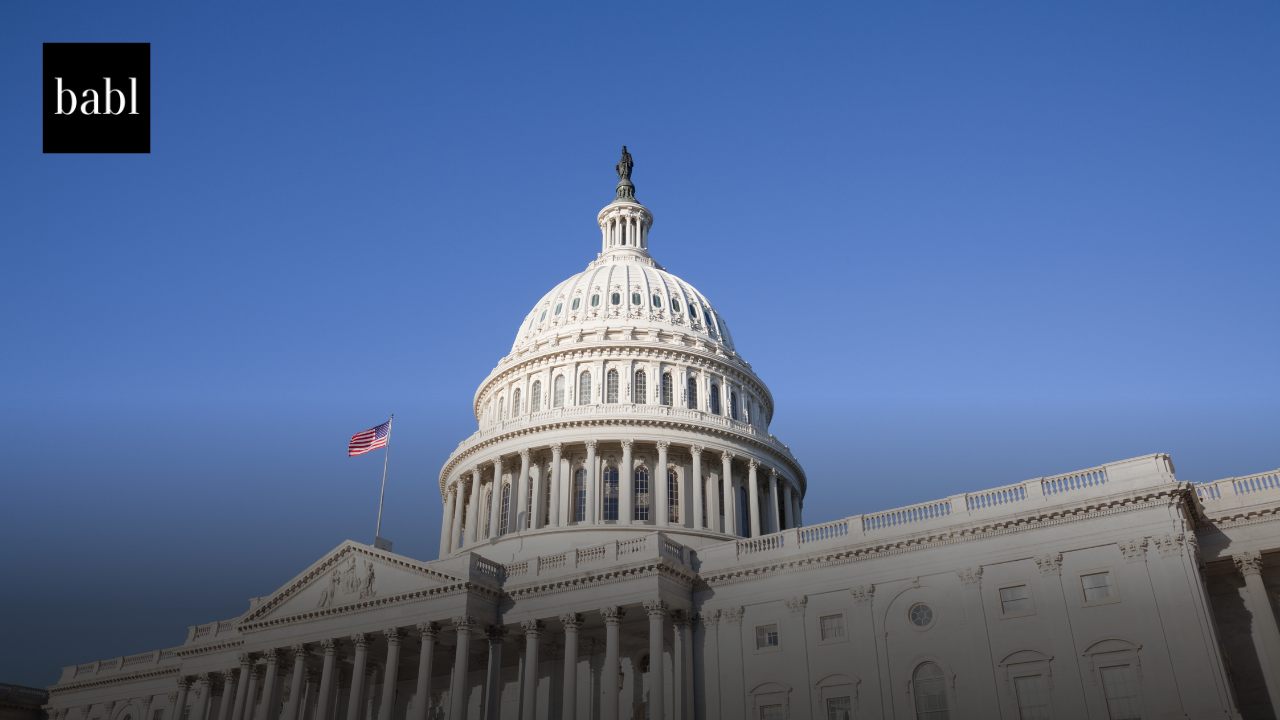A key U.S. House committee has advanced a proposal that would impose a 10-year federal moratorium on state and local regulation of artificial intelligence, drawing widespread concern from policymakers and privacy advocates across the country.
The measure, included in a broader budget reconciliation package, passed the House Energy and Commerce Committee by a 29-24 vote. If enacted, it would prevent states from passing or enforcing laws that govern the use of AI systems or automated decision-making technologies until 2035. The moratorium is tied to a proposed \$500 million federal investment in AI modernization efforts and is framed as a move to ensure national consistency in AI governance.
Supporters of the provision say the pause on state-level laws is intended to prevent a fragmented patchwork of regulations that could slow innovation, increase compliance costs for developers, and weaken the United States’ global competitiveness in AI. The federal government would take the lead in developing a unified approach to AI oversight during the moratorium period.
However, the proposal has sparked opposition from lawmakers in multiple states, who argue that restricting their ability to act on AI-related harms undermines public safety and state sovereignty. Several state legislators and policy organizations have voiced concern that the moratorium would hinder timely responses to emerging risks associated with AI, such as algorithmic discrimination, surveillance, and safety failures in autonomous systems.
The National Conference of State Legislatures has publicly opposed the measure, citing the importance of legislative flexibility in adapting to the fast-paced evolution of technology. While some governors have expressed openness to a federal AI framework, others worry that a blanket moratorium could delay necessary protections for consumers and workers.
The bill’s path forward remains uncertain, though its placement in a reconciliation package means it could be passed with a simple majority in Congress. If signed into law, the moratorium would mark a significant shift in AI policy, centralizing regulatory authority at the federal level while suspending state and local action for the next decade.
The move comes at a time when several states—including Colorado, California, and Utah—are actively developing or enforcing AI-related laws aimed at improving transparency, accountability, and public trust in emerging technologies.
Need Help?
If you’re concerned or have questions about how to navigate the U.S. or global AI regulatory landscape, don’t hesitate to reach out to BABL AI. Their Audit Experts can offer valuable insight and ensure you’re informed and compliant.





